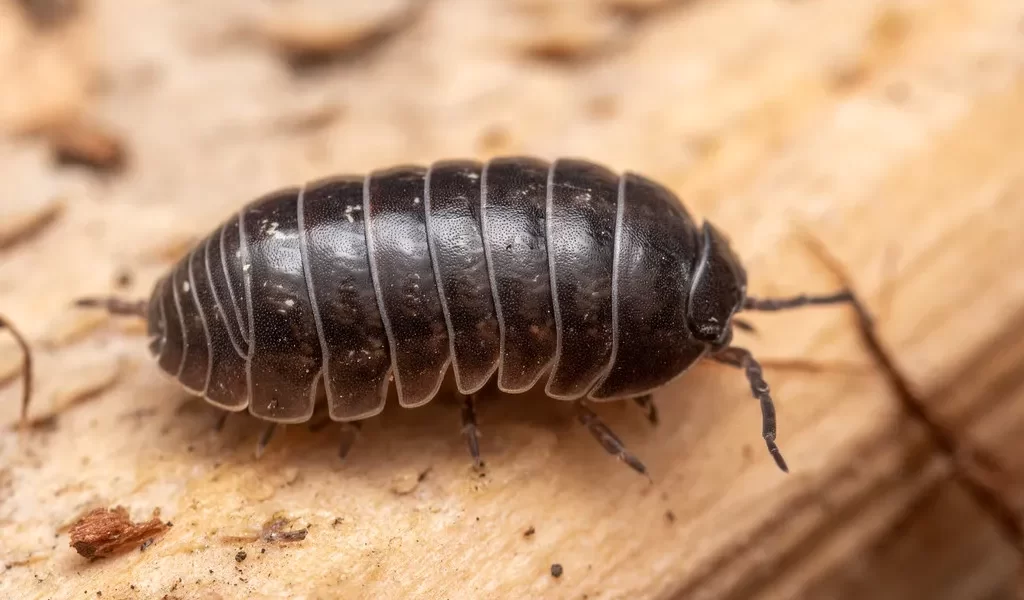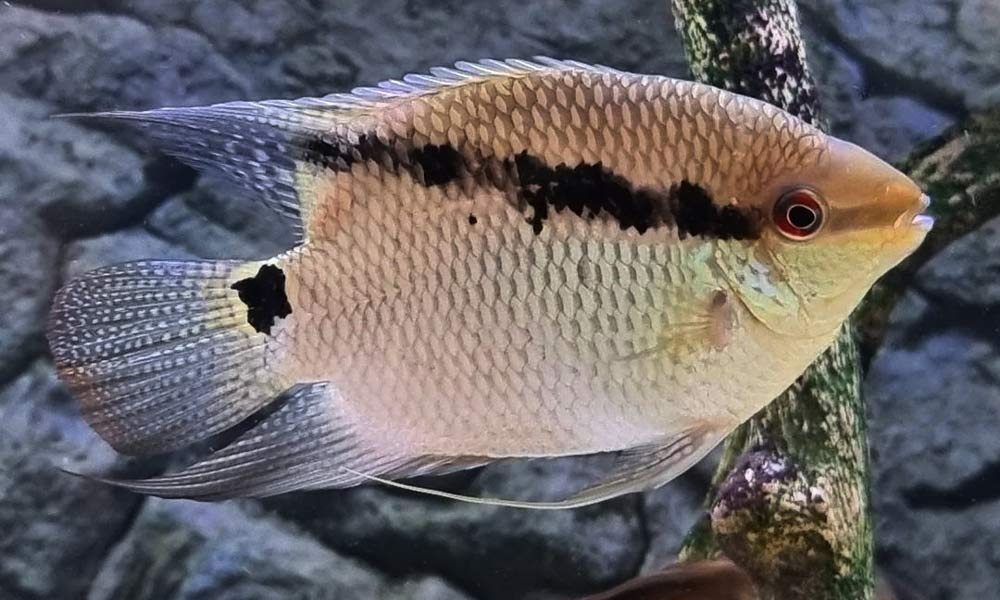These include crustaceans known as woodlice or pill bugs, among other things, key drivers of nutrient cycling and soil health. In the UK, as we see a greater understanding of Isopods in relation to ecology and sustainable practice their demand has rocketed.
The Eco-Importance of Isopods
They are detritivores, and most eat dead plant material or animal matter. This setup is really essential for breaking down multifaceted organic compounds to a form that the plants can easily absorb. Insert play a fundamental role by breaking down organic matter and hence contributing to the fertility and structure of soil, which supports healthy plant growth and biodiversity. Their burrowing and moving through the earth, creating channels to increase soil permeability and water storage. It not only helps in the growth of roots, but also maintains their health by encouraging biodiversity and overall soil ecosystem.
Isopods in the UK Market
Over the past few years there has certainly been a surge in interest and buying of insert from within UK customers. This growing trend originates from the efforts of many hobbyist and professionals that have seen success removing insert in a variety of uses, ranging anywhere from natural pest control, to organic waste management.
Trends and Applications
In vivariums and terrariums there is a trend which has been growing for several years now; using Isopods in the UK market. They are also very much loved by most of the dedicated aquarists since they clean our tanks eating dead leaves and controlling mold proliferation. Isopods are a natural food source for reptiles and amphibians in closed habitats. Their capacity to consume decomposing organic waste also makes them valuable friends in composts. Insert are on the rise in gardens and farms throughout the UK, who appreciate their ability to help develop soil structure while reducing dependence of chemical fertilisers.
Conservation and Sustainability
The growth in interest here, is part of a bigger picture for conservation and sustainable use. By encouraging insert use in regenerative and horticultural practices, it also reduces dependency on chemical inputs. The shift aids in the preservation of biodiversity and helps maintain ecosystems as a whole.
Isopods are an important element of ecosystems in contributing to decomposition and soil health. The popularity of insert as a pet has seen large increase in the UK, being recognized more and more for their ecological role or potential uses. With an increased awareness insert are likely to become even more important with helping out sustainable and environmentally mindful practices.









